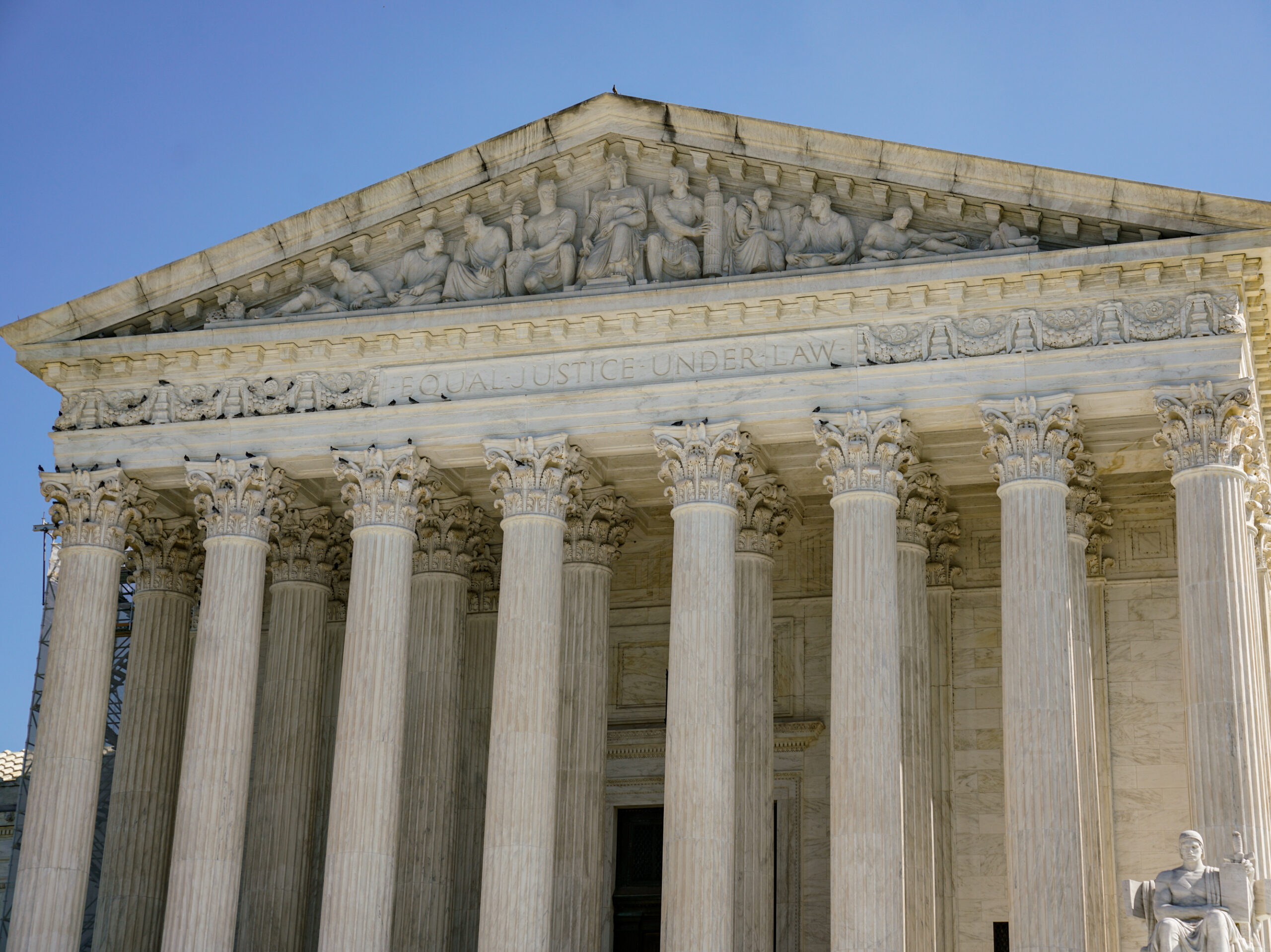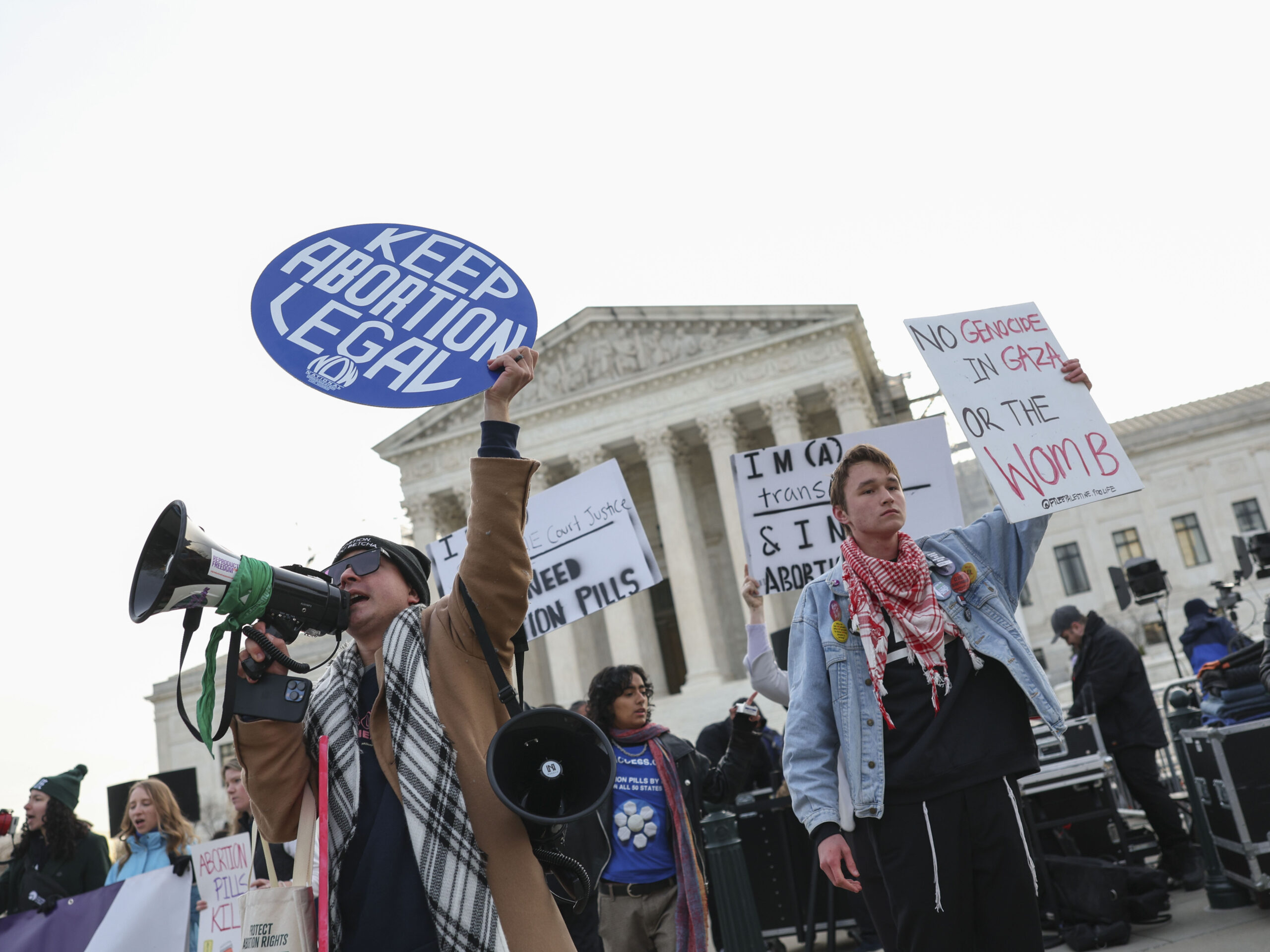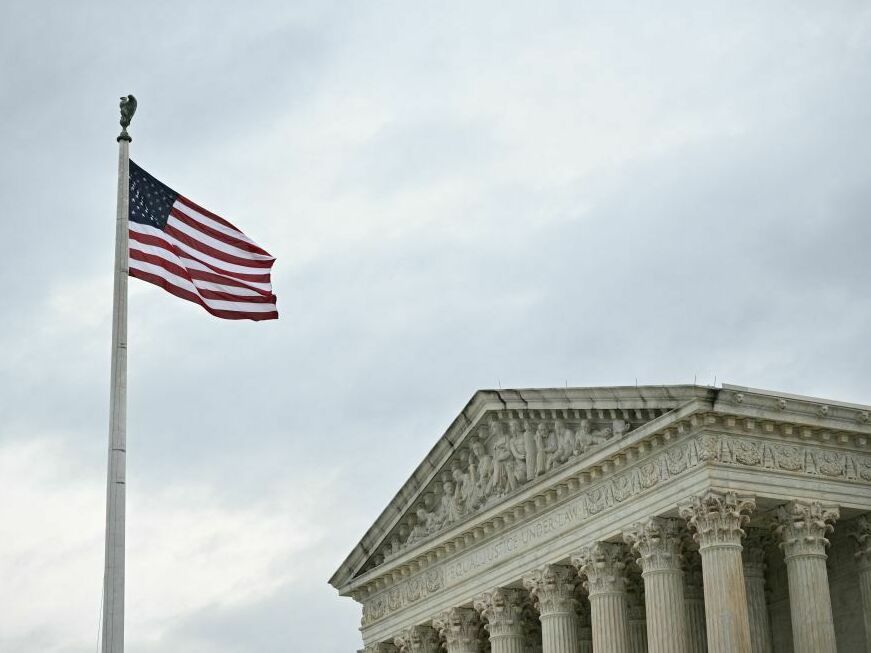The state Supreme Court ruling today raises questions about when a minor can refuse lifesaving medical procedures based on religious beliefs.
A 4-3 majority of the court decided not to rule on whether someone younger than 18 can refuse to receive a lifesaving blood transfusion based on religious beliefs. The case involves a woman identified as Sheila W., a member of a Jehovah’s Witness congregation who was suffering from a form of anemia that could only be treated with a blood transfusion. Her church prohibits transfusions based on an interpretation of the bible.
In testimony, the 15 year old told a judge that she viewed transfusion as comparable to rape. Her attorney, Shelley Fite of the state Public Defender’s Office, says the court’s ruling sidesteps the due process rights a teenager should have in making such a decision.
Stay informed on the latest news
Sign up for WPR’s email newsletter.
“There’s both a common law right to refuse medical treatment and a constitutional right,” says Fite. “The question is, when can a person exercise that right?”
Sheila’s parents supported her refusal of the transfusion but the court appointed a temporary guardian who overrode that decision.
The court ruling this week doesn’t set a standard or a process for determining what to do in future similar cases. The three justices who dissented argued the court should have done what other states have done and adopt a “mature minor doctrine” that judges can use in deciding when a minor is mature enough to refuse medical treatment. All of the justices urged the legislature to pass a law that would establish a standard for deciding future cases.
Wisconsin Public Radio, © Copyright 2024, Board of Regents of the University of Wisconsin System and Wisconsin Educational Communications Board.






